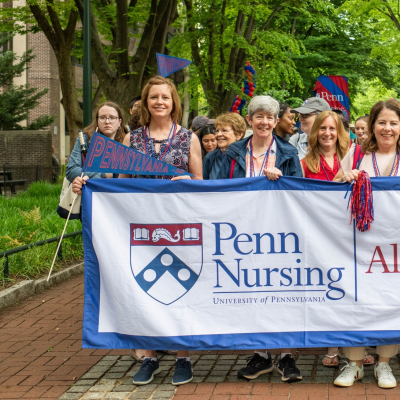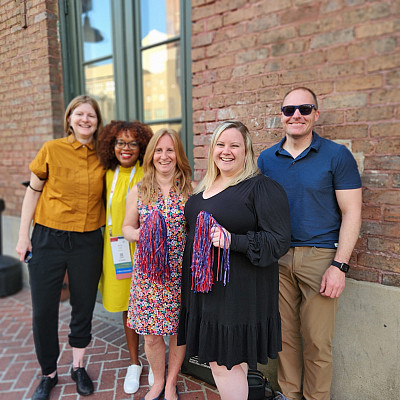When Segregation of Opioid Use Disorder Treatment Threatens Care for People with Coexisting Conditions
Life becomes very complex for patients who need to manage pain due to cancer or other illness while still receiving methadone treatment for opioid use disorder (OUD). Methadone is a highly effective medication for treating OUD, however, the current U.S. regulatory framework mandates that methadone for OUD is exclusively accessible through federally approved Opioid Treatment Programs, with many individuals required to make daily visits for supervised dosing. This requirement places a significant burden on those with competing health needs, limited access to transportation, living in rural areas or in regions with few or no treatment programs.
November 29, 2023

For persons with cancer and co-existing OUD, the current methadone rules and policies prohibit the integration of methadone treatment into their ongoing cancer care and often negatively affect their access to opioids to manage their cancer-related pain. A new perspective article in the New England Journal of Medicine illustrates that complexity with a story that describes such a patient journey who needs both active cancer treatments and methadone for OUD.
“Imagine facing a cancer diagnosis while also battling an inhumane system to access treatment for OUD, losing your methadone take-home privileges because of lack of coordination between cancer care and OUD care; being forced into daily methadone clinic visits amidst an already grueling cancer treatment schedule” says Salimah H. Meghani, PhD, MBE, RN, FAAN, Professor of Nursing and Palliative Care and Associate Director of Penn Nursing’s NewCourtland Center for Transitions and Health. Meghani is a co-author of the article. “Continued fragmentation and segregation of OUD treatment from standard cancer care stigmatizes persons and burdens both patients and clinicians”.
The authors also outline how current U.S. methadone regulations do not reflect the shifting demographic trends in the population with OUD. Data indicates that adults over 50 years of age make up the largest subgroup receiving care in methadone clinics. This aging cohort often has complex conditions and greater-than-average needs related to health, function, and mobility. “The outdated models of OUD treatment must evolve to de-stigmatize care, to align with real-world patient priorities, and seamlessly integrate successful treatment of both OUD and other medical conditions,” says Meghani.
The article “Juggling Two Full-Time Jobs — Methadone Clinic Engagement and Cancer Care” is available online. The lead author is, Katie F. Jones, Ph.D., of the New England Geriatric Research, Education, and Clinical Center; and other co-authors include Paul Joudrey, M.D., Diane Meier, M.D., of the Icahn School of Medicine at Mount Sinai, New York; and Jessica Merlin, M.D., Ph.D., both of the University of Pittsburgh School of Medicine.








